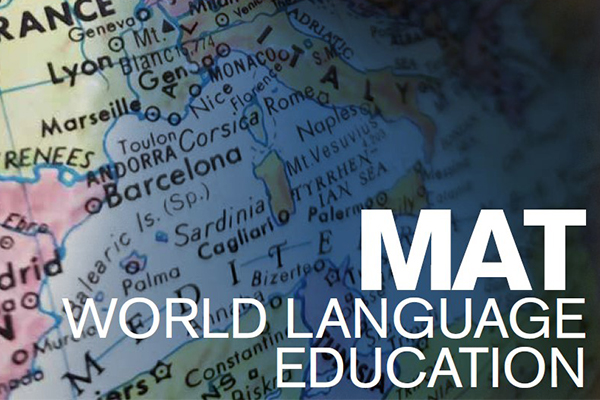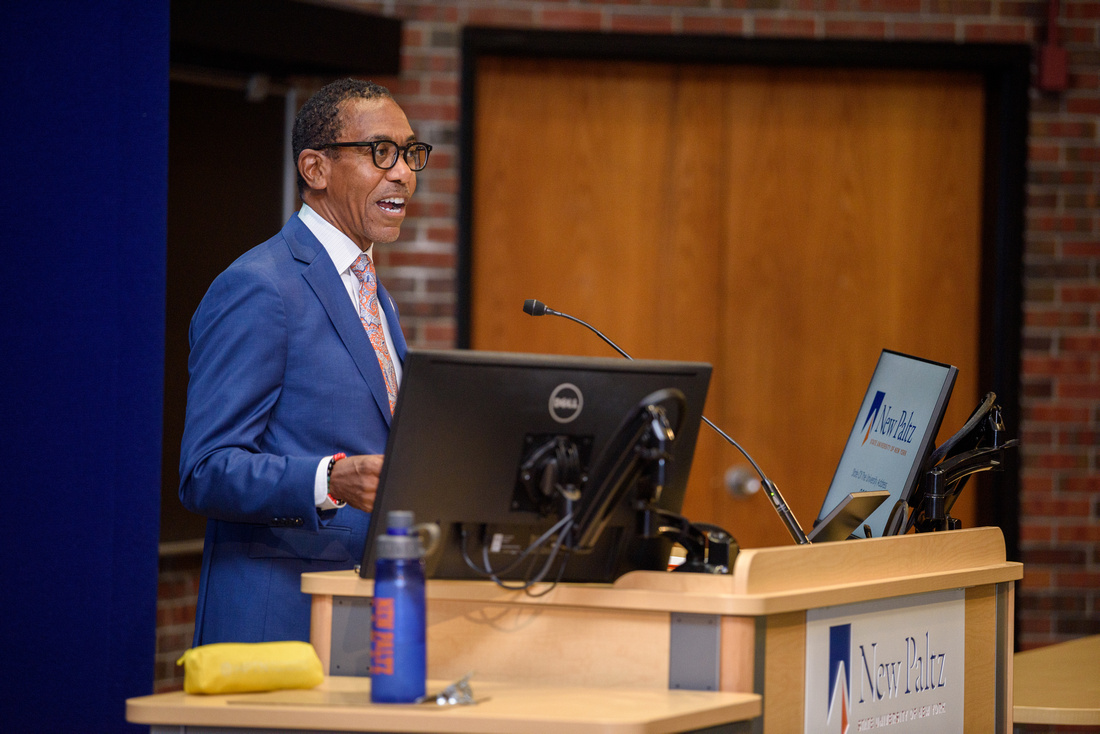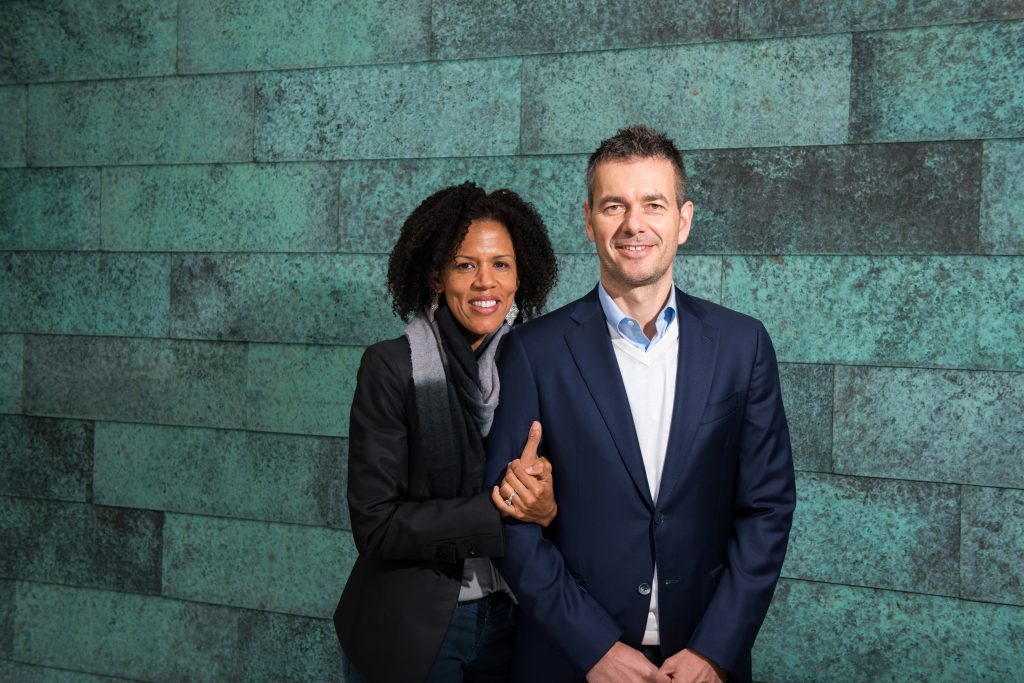Disaster and trauma mental health are critical in a complex and challenging world. Traumatic events happen, to paraphrase a well-worn aphorism. They arrive suddenly or with little warning. Even if we can anticipate oncoming trauma, these events send shock waves through individuals and communities.
According to the National Council for Behavioral Health, at least 70% of adults in the U.S. have experienced a traumatic event. Since the COVID-19 pandemic swept across the globe, nearly no one has escaped extraordinary trauma.
There is no “typical” emergency. Disaster and trauma mental health professionals are trained to deploy where needed, offering the support and services required for the circumstances impacted communities face.
The Institute for Disaster Mental Health at SUNY New Paltz is a pioneer in this field, with decades of experience responding to disasters and training professionals for rewarding careers helping communities in need.
Institute for Disaster Mental Health at SUNY New Paltz
Founded in 2004, The Institute for Disaster Mental Health (IDMH) at SUNY New Paltz is a national leader in disaster and trauma mental health training and networking. IDMH provides graduate-level training, research, and consultation to help individuals, organizations, and communities cope with disaster.
Core to this mission, IDMH offers a Graduate Certificate in Trauma and Disaster Mental Health. The 15-credit curriculum provides students with culturally sensitive and evidence-supported trauma and disaster response skills and knowledge. Students study the individual and community impact of disaster and participate in real-world field exercises to prepare them to respond to local and global disasters.
The certificate consists of three required courses for a total of 9 credits:
- Disaster Mental Health
- Evidence-Based Assessment and Treatment for Trauma
- Assessment and Interventions with Children, Adolescents, and Families
In addition, participants choose two electives from the following three options for an additional six credits:
- Assisting Veterans and First Responders
- Assisting Vulnerable Population
- Grief, Loss, and Bereavement
All classes are held online except Disaster Mental Health, held on a summer weekend at the SUNY New Paltz campus. The weekend allows students to practice their skills in deployment simulations.
Students also apply their skills in real-life situations. “We prepare for this every semester by placing students in Red Cross sites or county emergency management sites, where they learn about preparation and planning for an event,” according to IDMH Director Amy Nitza.
“They have the knowledge from the disaster psychology courses and their Red Cross trainings but walking into a live situation really tests their ability to apply that knowledge, to see what the needs are responding on the fly and to understand why all the preparation is so vital.”
Distinguish Your Career in Mental Health and Social Work
The Trauma and Disaster Mental Health certificate program is designed with two groups in mind:
- Professionals with a Master of Arts, Master of Science, or higher degree in counseling, social work, or a related
- Students currently enrolled in master's- or doctoral-level counseling or social work program who have already completed their first year of coursework or who can demonstrate completion of a graduate-level counseling theories and skills course
The certificate can be completed in one year or extended to accommodate busy schedules.
The Institute for Disaster Mental Health at SUNY New Paltz is dedicated to training and supporting a new generation of educators, counselors, social workers, and caregivers in the science, art, and human connection of trauma and disaster response.
In addition, the annual Institute for Mental Health Conference brings together hundreds of healthcare and mental health professionals, emergency service providers, researchers, and policymakers to discuss best practices for providing trauma response and care.
The global reach of the IDMH network affords graduates many job opportunities.
Being Human
Trauma and loss are attendant components of the human condition. Not all of us have encountered the shock of natural disaster, the horror of war, or the devastation of systemic abuse. But we all have endured loss, our sense of well-being robbed, a broken heart.
In an uncertain world, these human lessons teach us the value of resilience, acceptance, and preparation. Trauma happens. We may not know precisely how or where, but we thrive as individuals and communities, even in the face of disaster, when we know how to cope.










